Mexico
129.7
Population 2023 (Millions)
0.8
HDI Score
2022 (Max. 1)
69.3
SDG Score
2023
(Max. 100)
0.4
Gender Inequality
Index Score
(Max. 1)
36
Internet Inclusivity
Index 2022
(100 countries)
Overview
Projects

- Latin America and the Caribbean (LAC), Mexico
- February - June 2023
- Technology and Democracy
- Partner(s): Conexión Migrante, International Center for Journalists (ICFJ) (Funder), PolitiFact, Proceso, The Associated Press, VerificadoMX
To fill the information gap brought on by complex migratory processes, poor institutional communication, and lack of trust in authorities, Latin American migrant communities transiting through Mexico on their way to the USA often resort to the use of social media and instant messaging apps. While sometimes a source of helpful information, these are also polluted with disinformation and scams, ranging from alleged “opening” days/hours of Mexico’s northern border, to fallacious legal advice, to false job and visa offerings. In collaboration with Conexión Migrante, VerificadoMX, PolitiFact and The Associated Press, the DPA team investigated the business models that leverage and finance the disinformation that can put migrants’ lives at risk. The investigation was published by multiple media outlets, including our partner Proceso.

- Argentina, Europe, Kenya, Latin America and the Caribbean (LAC), Mexico, Philippines, Spain, Sub-Saharan Africa (SSA)
- April - September 2024
- Data Feminism, Geographies of Inequalities
- Partner(s): City Hub and Network for Gender Equity - CHANGE (Funder), Open Data Watch
Data-Pop Alliance (DPA), in collaboration with Open Data Watch (ODW), was tasked with creating a pioneering gender data framework for urban environments, commissioned by the City Hub and Network for Gender Equity (CHANGE). This framework was intended for implementation across CHANGE’s network cities, starting with Barcelona, Buenos Aires, Mexico City, Nairobi, and Quezon City as the initial participants. Capitalizing on DPA’s and ODW’s specialized knowledge in data analytics and gender-focused research, the project’s core objective was to provide a robust measurement of gender equity within varied city landscapes. The project’s deliverables included: A comprehensive blueprint outlining the essential requirements and stages for cities to prepare and deploy the framework; The framework itself, featuring specific dimensions and indicators that assessed both the processes and physical form of the cities concerning gender equity; and a specialized data collection tool, complete with training materials, to enable cities to gather and process all necessary data to effectively utilize the framework. This multi-faceted approach ensured that the participating cities were equipped with the knowledge, tools, and methods required to drive meaningful progress in the realm of urban gender equity.

- Latin America and the Caribbean (LAC), Mexico
- June - December 2023, February - December 2024
- Data Feminism
- Partner(s): Abogadas MX (Funder)
Phase 1: DPA, in collaboration with Abogadas MX, led the design and development of the Central Database and Customer Relationship Management (CRM) software for the “Standards for Diversity and Inclusion in Law Firms in Mexico” Program. This included the creation of a survey to collect gender-focused data from law firms. This initiative enabled the organization to systematically gather and manage information from specific law firms about gender equality and the implemented policies, facilitating the generation of recommendations aimed at improving internal policies to address gender inequality issues and promote the mainstreaming of gender perspectives in the legal sector.
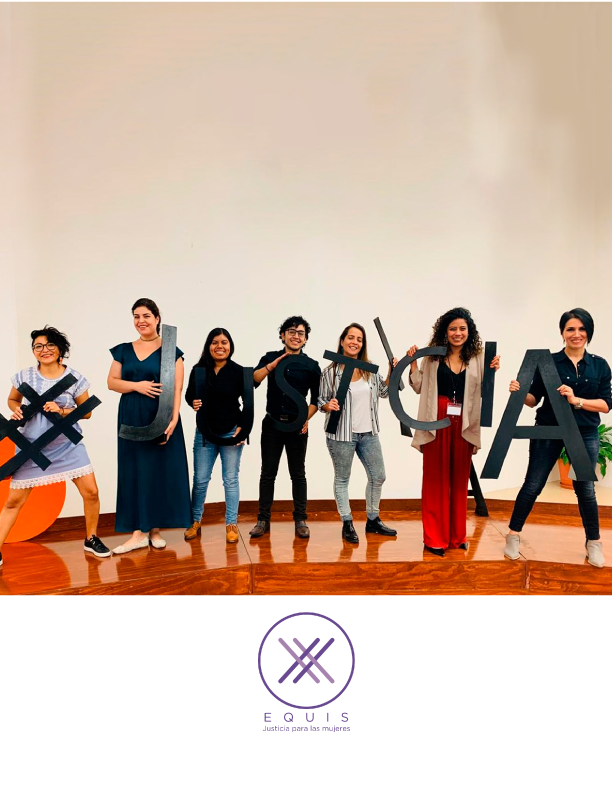
- Latin America and the Caribbean (LAC), Mexico
- May - July 2022
- AI and Statistics for the SDGs
- Partner(s): EQUIS Justicia para las Mujeres (Funder)
DPA developed a four week training on qualitative and quantitative analysis and tools for the members of the Mexican CSO EQUIS Justicia para las Mujeres. The training included different sessions, with online and in-person guided tutorials conducted by DPA facilitators. In addition to showcasing different techniques and tools for data analysis, use cases based on real projects from the organization were leveraged to discuss specific topics. The content was divided into two workshops: the first focused on practical techniques and tutorials on data collection, storage and processing; and the second focused on how to incorporate basic notions of statistics, database reading, and use of visualizations.
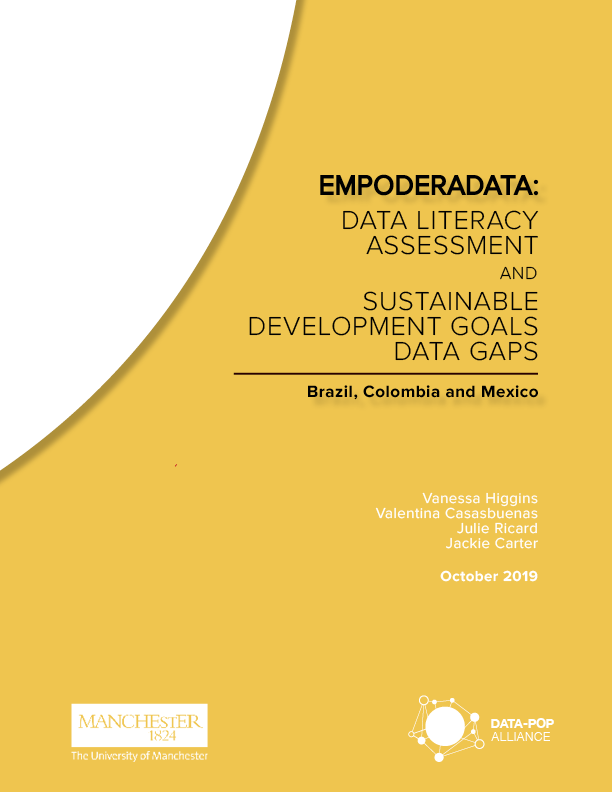
- Brazil, Colombia, Latin America and the Caribbean (LAC), Mexico
- January - June 2019
- AI and Statistics for the SDGs
- Partner(s): University of Manchester (Funder)
EmpoderaData built upon the success of the “Quantitative Step” (Q-Step) program, which was developed as a strategic response to the shortage of quantitatively-skilled social science graduates in the United Kingdom. Together, University of Manchester and Data-Pop Alliance expanded upon the program’s excellent results, exploring this model in the Global South (specifically in Mexico, Brazil and Colombia) as the “EmpoderaData Project”. This initiative aimed to promote a virtuous cycle of social transformation by fostering data literacy skills applied to addressing our society’s most pressing issues within the framework of the Sustainable Development Goals (SDGs).
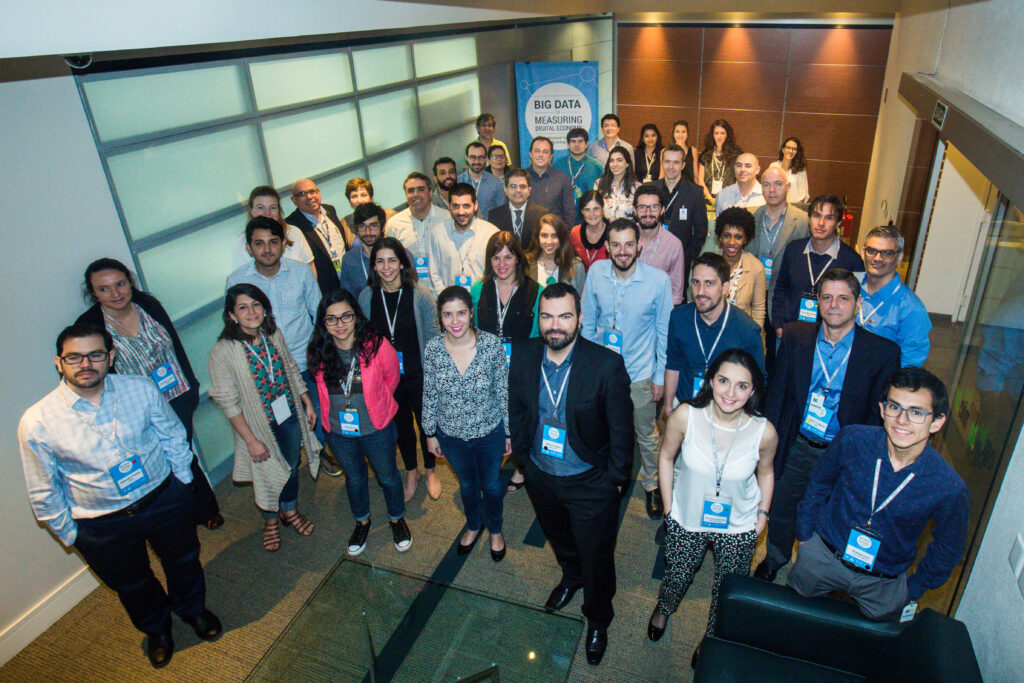
- Partner(s): Cetic.br, DANE, Mexico's National Digital Strategy Program, MIT Sloan School of Management, United Nations Economic Commission for Latin America and the Caribbean (ECLAC) (Funder)
In partnership with the United Nations Economic Commission for Latin America and the Caribbean (ECLAC), DPA offered a series of workshops focused on “Big Data and the Digital Economy” in the Latin American and Caribbean region. These workshops were designed for development practitioners, policymakers, and researchers. Five editions were delivered in: Santiago de Chile (March 2016), São Paulo (September 2017) —in partnership with Cetic.br—, Mexico City (October 2017) —in collaboration with the National Digital Strategy (EDN) program and the MIT Sloan School of Management—, Santo Domingo (April 2019), and Bogotá (May 2019) —in partnership with DANE.
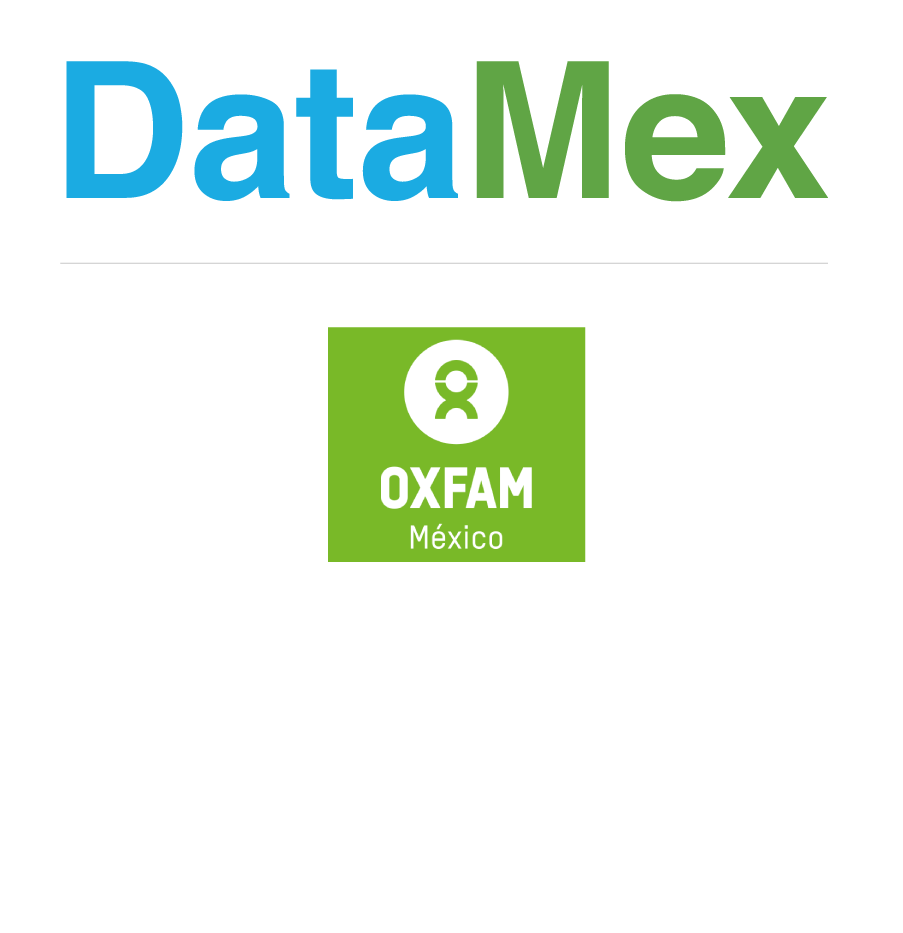
- Partner(s): Oxfam, Oxfam Mexico (Funder)
Data-Pop Alliance and Oxfam México formed a partnership through “DataMex”, with the goal of advancing research and the application of Big Data for sustainable development in Mexico. This agreement, signed in late 2018, has since led to a consultancy and scoping study to identify the areas in which Big Data could be employed to better understand inequalities that have not been analyzed in depth. The resulting project was “Mundos Paralelos“, which focused on areas lacking in understanding and new perspectives that could provide critical insights into the work of Oxfam Mexico.
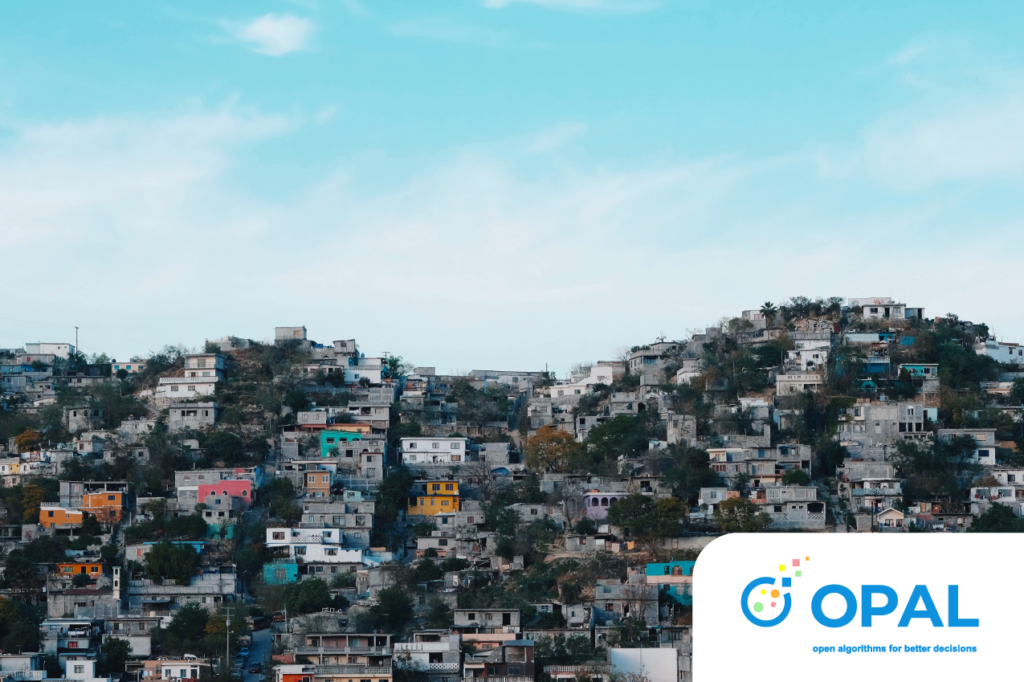
- Mexico
- May 2022 - Ongoing
- AI and Statistics for the SDGs
- Partner(s): INEGI México
“OPAL for Public Data and Good” seeks to merge different “privacy enhancing techniques” (PETs), such as federated learning, differential privacy, and negative databases, to allow trusted third parties such as researchers or official institutions to analyze censuses or national surveys’ microdata produced by national statistical offices (NSOs), as well as other administrative records, to derive indicators using these data, while avoiding privacy risks. A pilot is expected to be conducted in Mexico, and DPA plans to expand to additional NSOs and other public data holders in the future.
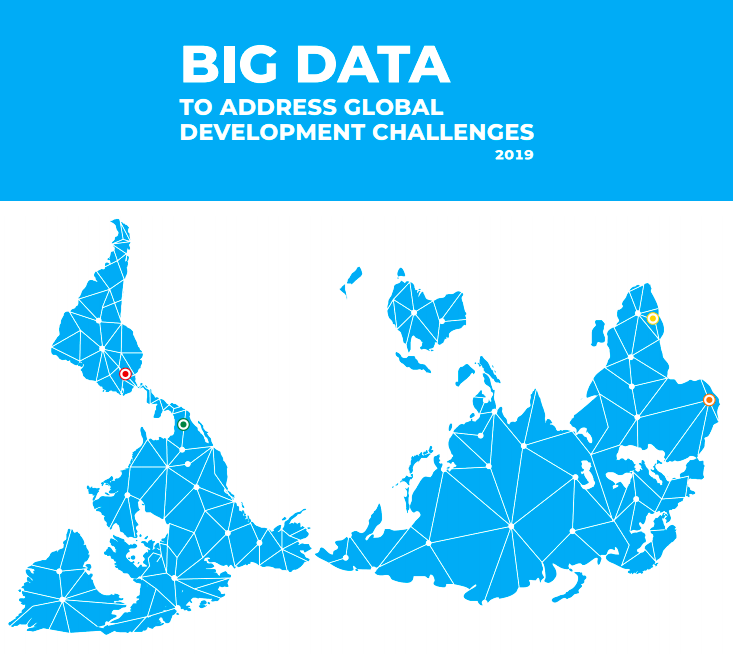
- Partner(s): Agence Française de Développement - AFD (Funder), Cloud to Street, Flowminder, Harvard Humanitarian Initiative, MIT Media Lab, Overseas Development Institute
Four research papers were developed in collaboration with and funded by the Agence Française de Développement (AFD) between 2016 and 2019 under a joint program with Data-Pop Alliance and research partners (Cloud to Street, Flowminder, Harvard Humanitarian Initiative, MIT Media Lab, Overseas Development Institute) titled “Strengthening the evidence-base for leveraging Big Data to address global development challenges”. This research program and papers were designed with the following objectives and criteria in mind: to focus on various development challenges in different local contexts to ensure relevance; to work with trusted partners to ensure academic quality; and to both reflect and promote key determinants of sustainable development, including smoother, fairer, and safer access to data and stronger links between analysts, local decision-makers, and communities. Individually, these papers outlined specific cases and examples of how computational analysis of behavioral data (combined with other datasets) can paint a finer-grained, more complex, and dynamic picture of human reality than ‘traditional’ data allows. Collectively, they sketched the contours of a world where public decisions, in the form of policies and programs, might someday be designed, implemented, and evaluated using the best available data and approaches.

- Mexico
- November 2018 - November 2019
- Geographies of Inequalities
- Partner(s): Banorte, MIT Sloan Latin America Office ( MSLAO) - (Funder)
In collaboration with Banorte (Mexican bank), and following DPA’s previous work on the impact of crime on consumption across gender and income groups, this assessment focused on the quantification, at a fine-grain and large scale, of the disruption and recovery dynamics induced by crime across socioeconomic groups. This project showed the progress of DPA’s findings at the zip code level analysis in Mexico City, where a significant correlation between increased crime rates and decreased consumption were found.
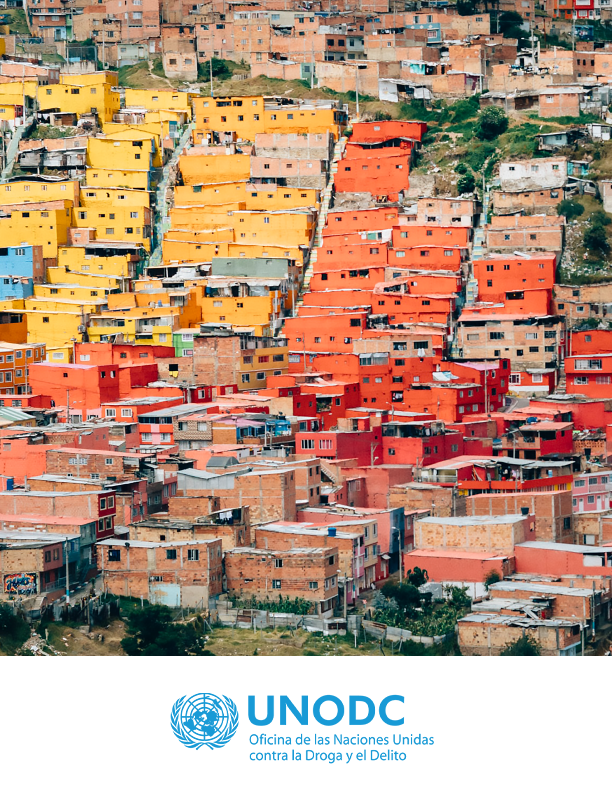
- Latin America and the Caribbean (LAC), Mexico
- April to July 2019
- Geographies of Inequalities
- Partner(s): UNODC (Funder)
A study published by the Open Society Foundations has reported numerous “atrocity crimes” perpetrated in Mexico against the civilian population since 2006. Against this backdrop, with United Nations Office on Drugs and Crime (UNODC) support, DPA sought to gain better insights into organized and interpersonal crime, by undertaking a scoping study to build a comparative research study in two cities: one heavily affected by organized crime violence and another with low organized crime rates, where violence is mostly interpersonal. To this end, this scoping study aimed at building a research proposal for two cities, according to data availability (i.e. traditional and Big Data sources) and crime dynamics; suggested methodology, and potential partners.

- Latin America and the Caribbean (LAC), Mexico
- October 2019 to March 2020
- Geographies of Inequalities
- Partner(s): Cuebiq, OXFAM México
“Parallel Worlds” was a project developed by Data-Pop Alliance and Oxfam México to analyze inequality in Mexico City using mobility data provided by Cuebiq’s Data for Good program. The project aimed to inform and influence public policy actors in making decisions that contribute to reducing social and economic segregation based on the privilege and marginalization associated with certain spaces in the city.
Data-Pop Alliance analyzed urban inequality in Mexico City by mapping movement patterns in the city, using mobile data to identify segregation patterns related to where people live, work, and consume. The report analyzed three dimensions of inequality: access to education, the right to the city by analyzing exclusive spaces, and access to culture.
The results demonstrated that spatial inequality in Mexico City is marked by unequal access to government services and cultural sites, leading to unequal experiences of urban life and biased access to the city. The paper concluded with a series of public policy recommendations to foster a more equitable and inclusive appropriation of public space. A version of this paper was published in English by Projections, the Journal of the MIT Department of Urban Studies and Planning.
